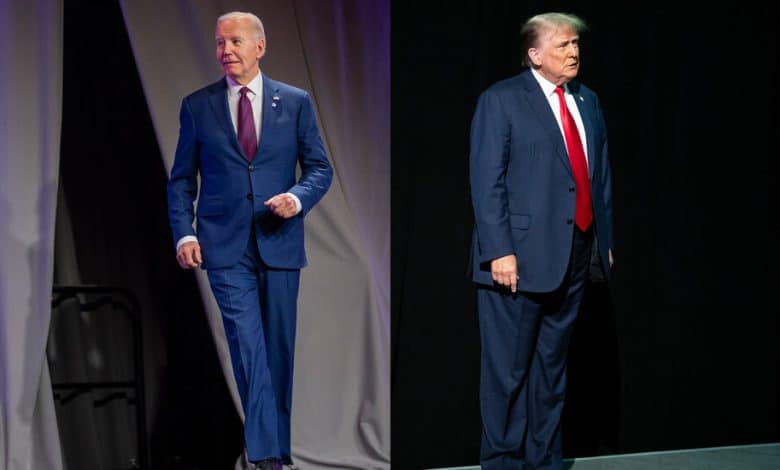What Are We Told About the Health of Biden and Trump? They Decide.

In 2008, when Senator John McCain was the oldest person to seek a first term in the White House, his campaign set out to reassure the public about his health. It let reporters examine 1,173 pages of handwritten notes, lab results and insurance documents, including details of the senator’s biopsies, his prostate exams and even the “very light tan freckling” on his buttocks.
He was 71 years old.
Today, President Biden is 81 and his rival, Donald J. Trump, is 77, and many voters believe both men are too old for another term. Their doctors proclaim them fit to serve, but neither has agreed to throw open his medical charts to prove it.
Mr. Biden released a six-page summary of medical test results in February, but his doctor has refused to be interviewed by reporters, breaking from past practice. Mr. Trump has revealed less than Mr. Biden; his last public note from his doctor, in November, was three paragraphs long. Neither man has sat for a comprehensive assessment of his mental fitness, a battery of tests often administered to people their age.
The longstanding truth about the American political system is that presidents and presidential candidates choose what to test, what to ignore, how much medical information to release to the public and, in the end, what voters will know about their health and well-being.
But the election between the two oldest people to ever seek the presidency is challenging that notion. Not only are Mr. Biden and Mr. Trump failing to do anything extra to reassure Americans that they can lead well into their ninth decade of life, they are doing less than their predecessors in some important ways.
The New York Times sent five-page letters to the Trump campaign and the White House with detailed questions about the health of the candidates. The Trump campaign did not respond to the letter, which included questions on mental fitness, cardiac health and whether he has taken Ozempic to lose weight.
